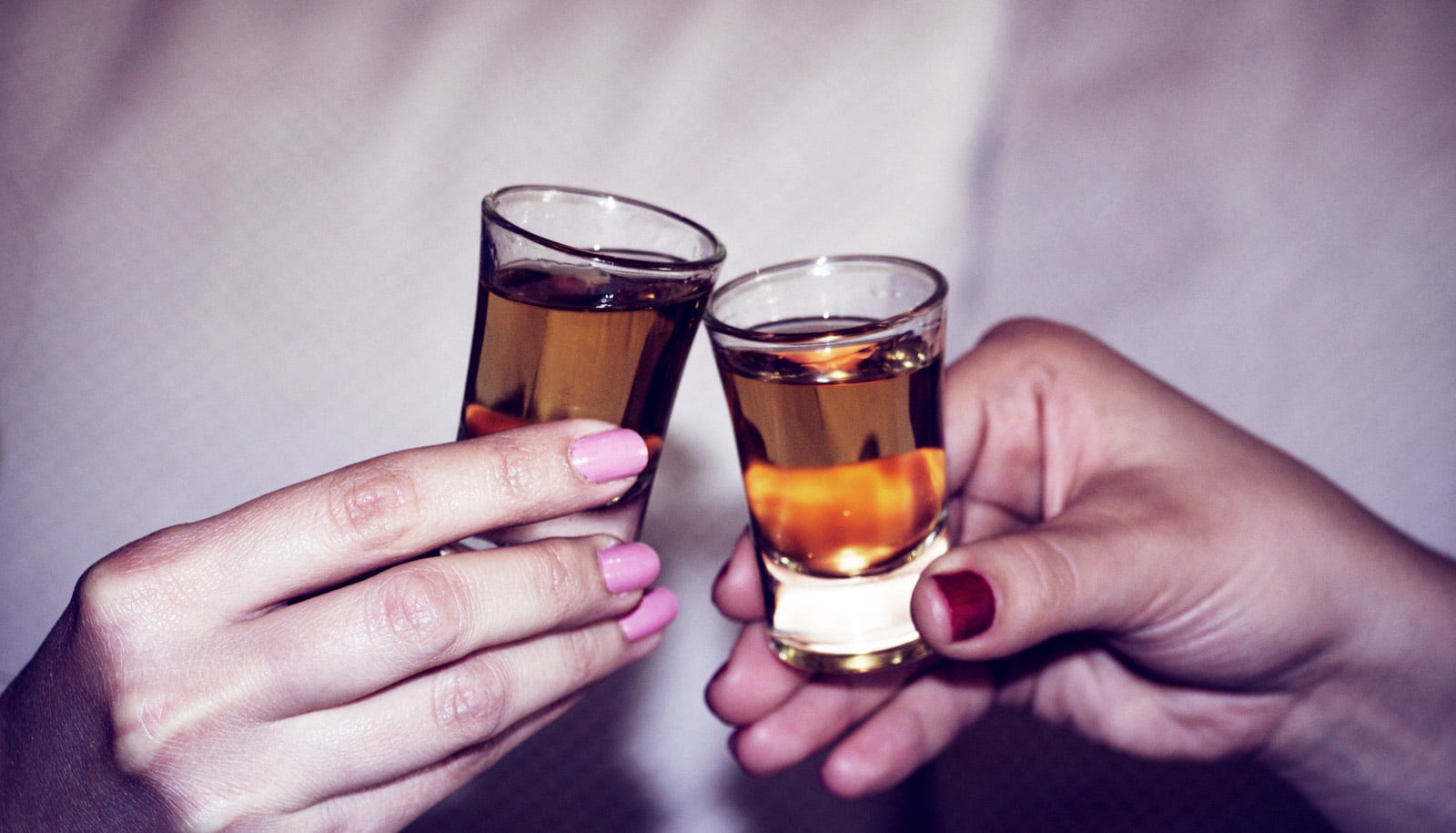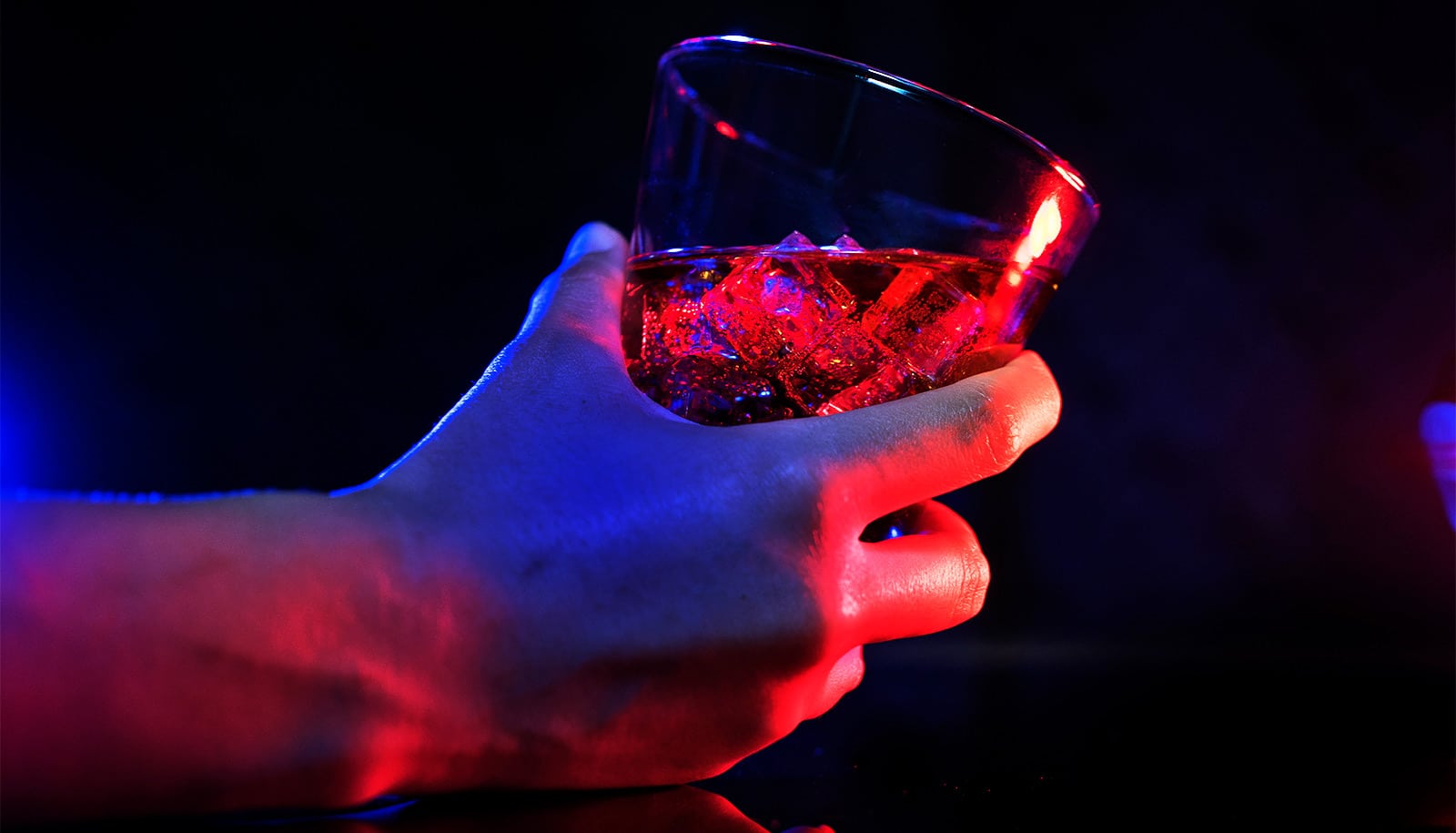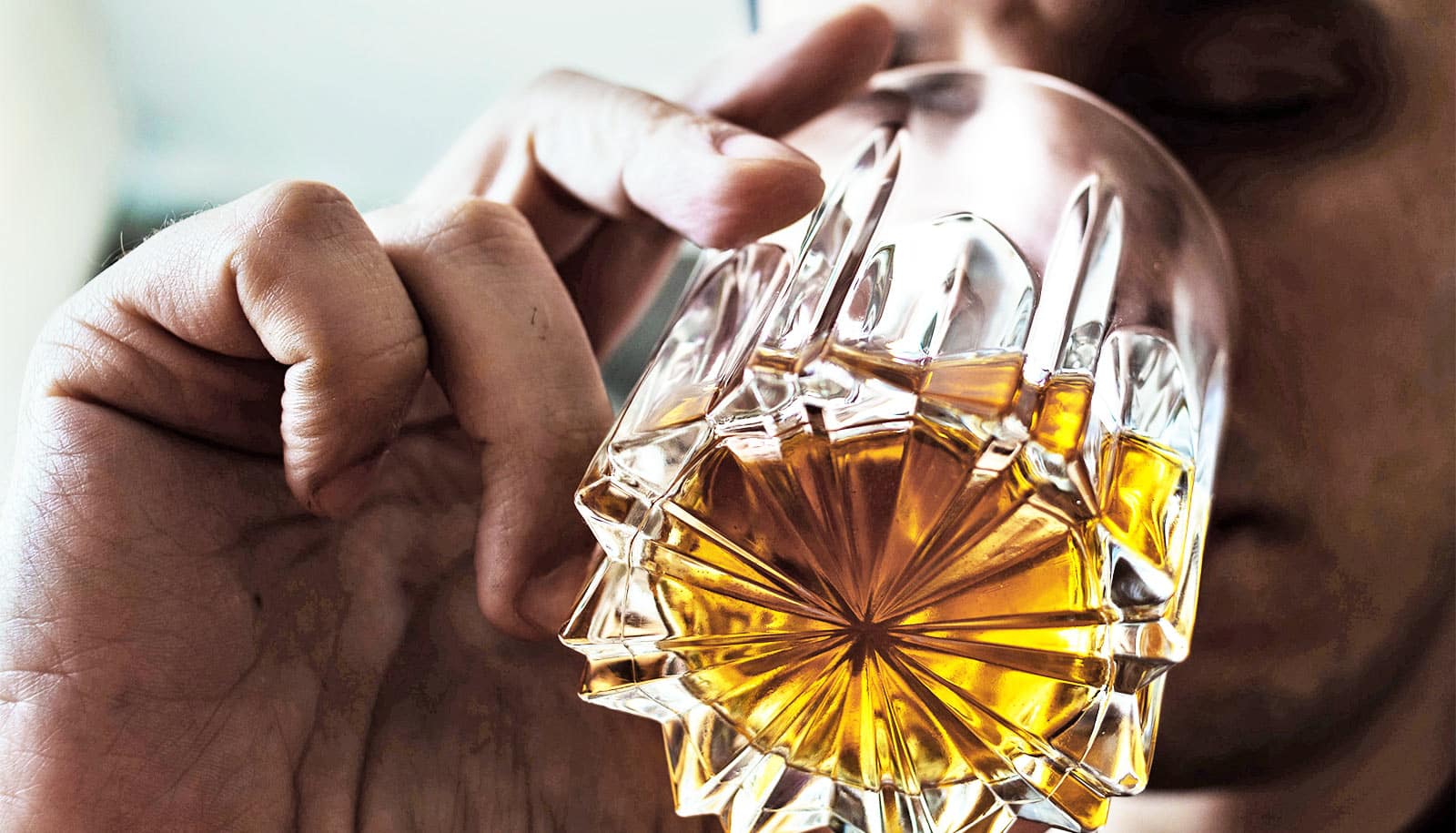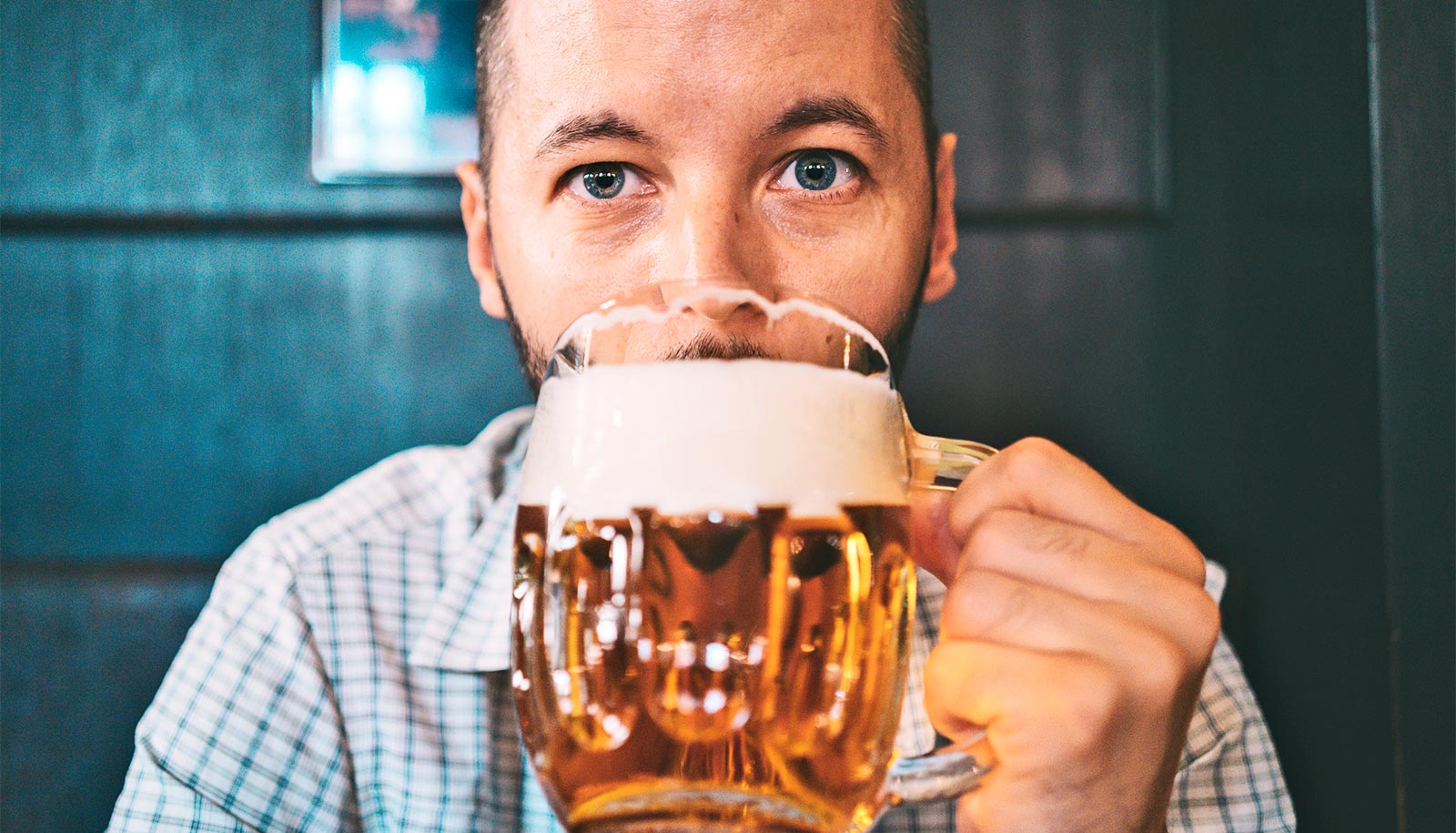How much people drink on their 21st birthdays may indicate how much they will drink in the future.
Investigators analyzed data from a group of 600 undergraduate student drinkers who were followed from one month before their 21st birthday to one year after. Those who drank the most on their 21st birthday also reported consuming the highest amounts of alcohol throughout the following year, the researchers found—even accounting for the subjects’ drinking habits before they turned 21.
“We didn’t expect one day’s behavior to matter for an entire year of choices, but it did.”
This is the first study to show that drinking heavily on one specific occasion is linked to long-term increases in drinking.
The association between 21st birthday drinking and subsequent drinking was stronger for students who were lighter drinkers before turning 21, indicating that 21st birthday drinking may serve as a more perilous gateway among those with limited prior drinking experience.
Location, not binge drinking, tied to sexual assault
The study also assessed alcohol-related consequences such as vomiting, blacking out, and neglecting responsibilities. Accounting for prior drinking habits, students who drank more heavily on their 21st birthday experienced more of these consequences over the rest of the following year.
“We didn’t expect one day’s behavior to matter for an entire year of choices, but it did,” says lead author Irene Geisner, assistant professor of psychiatry and behavioral sciences at the University of Washington School of Medicine.
Celebrating a 21st birthday is often seen as a rite of passage, during which most people drink more than they intend to. In fact, students typically consume more alcohol on their 21st birthday than during any other event. In this study, the average number of drinks consumed was 9.6, likely an underestimate of typical drinking behavior as the majority of study participants received an intervention.
Teenage fans of jello shots tend to drink more
The study builds on a body of work led by Christine Lee, research professor of psychiatry and behavioral sciences. She has studied whether specifically timed interventions can reduce drinking during specific high-risk events and overall general drinking. Her team has developed in-person and web-based event-specific interventions for 21st birthdays and spring break.
“There’s a long-range public health benefit to designing effective interventions for 21st birthday drinking, or any event when young adults drink heavily,” Lee says. “The recent findings suggest that event-specific alcohol interventions may have an even greater utility and thus be more cost-effective than we previously thought.”
Lee and Geisner both work in the Center for the Study of Health and Risk Behaviors.
The study appears in the journal Addictive Behaviors.
Source: University of Washington



